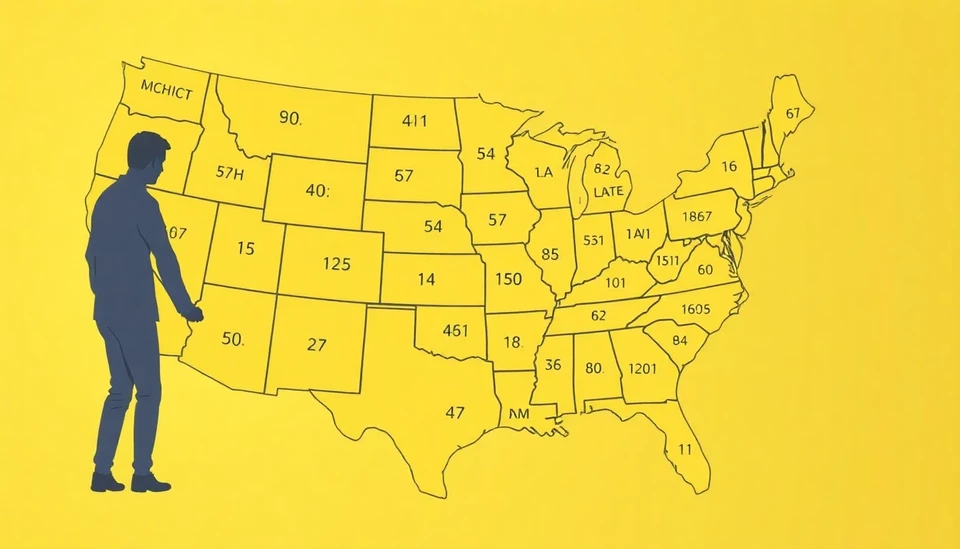
In a striking reflection of current economic challenges, data shows that unemployed individuals in the United States are experiencing unprecedented delays in securing new employment. As the labor market continues to evolve, remaining robust yet competitive, job seekers face extended periods of unemployment, making the landscape increasingly daunting for those searching for work.
According to recent statistics published on December 4, 2024, the average duration of unemployment has significantly increased, underscoring a worrying trend: while the number of job openings remains high, the pathways to employment have become convoluted and tangled. Many candidates are finding that the traditional processes of job applications and interviews are fraught with new complexities that prolong their job search.
The data indicates that the average timeframe for unemployed individuals to land a new job is now approximately 23 weeks, a marked increase from previous years. This uptick raises concerns not just for the job seekers but also for the overall health of the economy, as longer periods of unemployment can lead to skills erosion and a decline in confidence among workers.
Experts attribute this phenomenon to various factors including shifts in industry demands, technological advancements, and the growing emphasis on specialized skills. As employers seek candidates who not only meet the qualifications but also fit unique organizational cultures, the selection process has become increasingly meticulous. This change means that even highly qualified applicants may find themselves in lengthy limbo before securing engagement.
Another element influencing the job search timeline is the nature of competition in the labor market. With millions of Americans still seeking work after the tumultuous pandemic years, those currently unemployed are entering a landscape teeming with fellow job seekers, all vying for the same roles. The increases in remote work options have also transformed traditional job markets, leading to further complications in hiring practices.
The prolonged search for employment has begun to weigh on the mental health and financial stability of many individuals. Job seekers are reporting feelings of frustration, anxiety, and a sense of defeat as they navigate this relentless process. This mental health crisis, intertwined with the job search, highlights an urgent need for support systems to assist unemployed individuals during their periods of transition.
As policymakers, businesses, and community organizations grapple with the implications of this labor market situation, it is imperative that they devise strategic plans to facilitate job readiness and retention. Programs that enhance training, provide mental health resources, and foster connections between job seekers and potential employers may help alleviate some of the burdens associated with prolonged unemployment.
In summary, the current labor market presents formidable challenges for unemployed Americans. As they navigate an intricate job landscape, finding effective solutions to streamline the hiring process and support those without work is both urgent and essential.
#JobSearch #Unemployment #LaborMarket #JobSeekers #EconomicRecovery #MentalHealth
Author: Laura Mitchell

